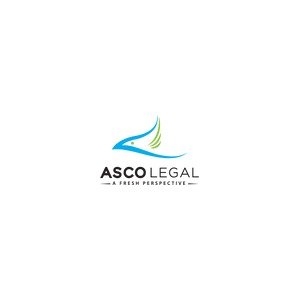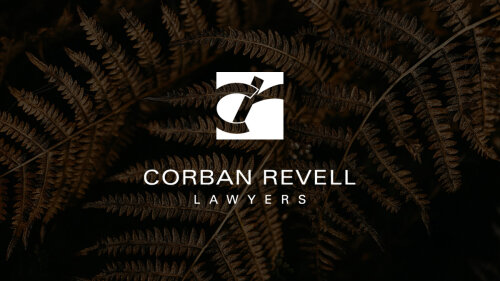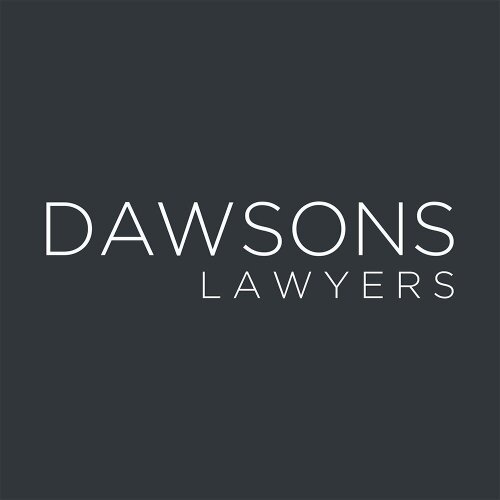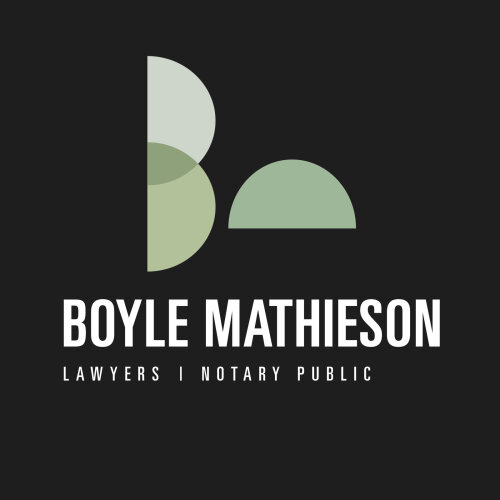Best Government Relations & Lobbying Lawyers in Auckland
Share your needs with us, get contacted by law firms.
Free. Takes 2 min.
List of the best lawyers in Auckland, New Zealand
About Government Relations & Lobbying Law in Auckland, New Zealand
Government Relations and Lobbying in Auckland, New Zealand, involves engaging with government officials and representatives to influence policies, regulations, and decisions that affect various sectors. This field encompasses a range of activities, including advocacy, policy development, strategic advice, and negotiation. It is an essential part of ensuring that perspectives from different organizations and stakeholders are considered in the legislative process. In Auckland, the practice is governed by both local and national regulations, which set standards for transparency and accountability in lobbying activities.
Why You May Need a Lawyer
Legal assistance in Government Relations and Lobbying might be necessary in several scenarios, including:
- Understanding the regulatory environment and ensuring compliance with legal requirements.
- Developing strategic approaches to engaging with government officials.
- Representing your interests in negotiations or meetings with policymakers.
- Advising on and preparing formal submissions to government inquiries or consultations.
- Navigating conflicts of interest or ethical considerations in lobbying activities.
Local Laws Overview
The key aspects of local laws relevant to Government Relations and Lobbying in Auckland include:
- Registration and Disclosure: Lobbyists may be required to register and disclose their activities, especially when engaging with central government agencies or certain local government bodies.
- Transparency Obligations: The law mandates transparency in lobbying activities to ensure that the influence on governmental decisions is clear and legitimate.
- Ethical Standards: Lobbyists must adhere to ethical standards to avoid conflicts of interest and uphold integrity in interactions with government officials.
- Engagement Protocols: Specific protocols must be followed to engage effectively and appropriately with government representatives.
Frequently Asked Questions
What is lobbying?
Lobbying refers to activities that aim to influence government policy, regulations, and decisions to align with specific interests or causes.
Do I need to register as a lobbyist in Auckland?
Whether you need to register can depend on the nature of your lobbying activities and the level of government you are engaging with. Checking specific requirements is essential.
What are the penalties for non-compliance with lobbying laws?
Penalties for non-compliance can range from fines to sanctions, depending on the severity of the offense and the applicable regulations.
Can individuals lobby, or is it only for organizations?
Both individuals and organizations can engage in lobbying activities, although the scope and requirements may vary.
What is considered a conflict of interest in lobbying?
A conflict of interest arises when a lobbyist’s private interests conflict with the public duties owed to governmental bodies or officials.
How can I ensure ethical lobbying practices?
Following established guidelines for transparency, accountability, and integrity, and consulting with a legal professional can help ensure ethical practices.
What role do lobbyists play in the legislative process?
Lobbyists provide information, advocate for specific policies, and represent stakeholder interests, aiding in informed decision-making by policymakers.
Is lobbying only about influencing politicians?
While political engagement is a huge component, lobbying also involves influencing administrative decisions and guiding regulatory frameworks.
How do I prepare a submission to a government inquiry?
Preparation involves gathering relevant data, understanding the context, drafting clear arguments, and sometimes consulting with legal experts for advice.
What is the difference between advocacy and lobbying?
Advocacy often involves supporting a cause publicly, while lobbying specifically involves direct interaction with policymakers to influence decisions.
Additional Resources
For those seeking further information or assistance in Government Relations and Lobbying in Auckland, the following resources can be helpful:
- The New Zealand Public Service Commission oversees government integrity and transparency.
- The Ombudsman of New Zealand provides guidance on proper public sector practices.
- The Transparency International New Zealand offers resources on ethical lobbying.
- Legal firms specializing in public law provide tailored advice and representation.
Next Steps
If you require legal assistance in Government Relations and Lobbying, consider the following steps:
- Identify your specific needs and objectives in engaging with government entities.
- Consult with a legal expert who specializes in government relations to discuss your situation.
- Gather relevant documentation and information that may be pertinent to your case.
- Prepare to discuss potential strategies and approaches your lawyer might recommend.
- Stay informed about changes in legislation or policies that could affect your activities.
Lawzana helps you find the best lawyers and law firms in Auckland through a curated and pre-screened list of qualified legal professionals. Our platform offers rankings and detailed profiles of attorneys and law firms, allowing you to compare based on practice areas, including Government Relations & Lobbying, experience, and client feedback.
Each profile includes a description of the firm's areas of practice, client reviews, team members and partners, year of establishment, spoken languages, office locations, contact information, social media presence, and any published articles or resources. Most firms on our platform speak English and are experienced in both local and international legal matters.
Get a quote from top-rated law firms in Auckland, New Zealand — quickly, securely, and without unnecessary hassle.
Disclaimer:
The information provided on this page is for general informational purposes only and does not constitute legal advice. While we strive to ensure the accuracy and relevance of the content, legal information may change over time, and interpretations of the law can vary. You should always consult with a qualified legal professional for advice specific to your situation.
We disclaim all liability for actions taken or not taken based on the content of this page. If you believe any information is incorrect or outdated, please contact us, and we will review and update it where appropriate.
















